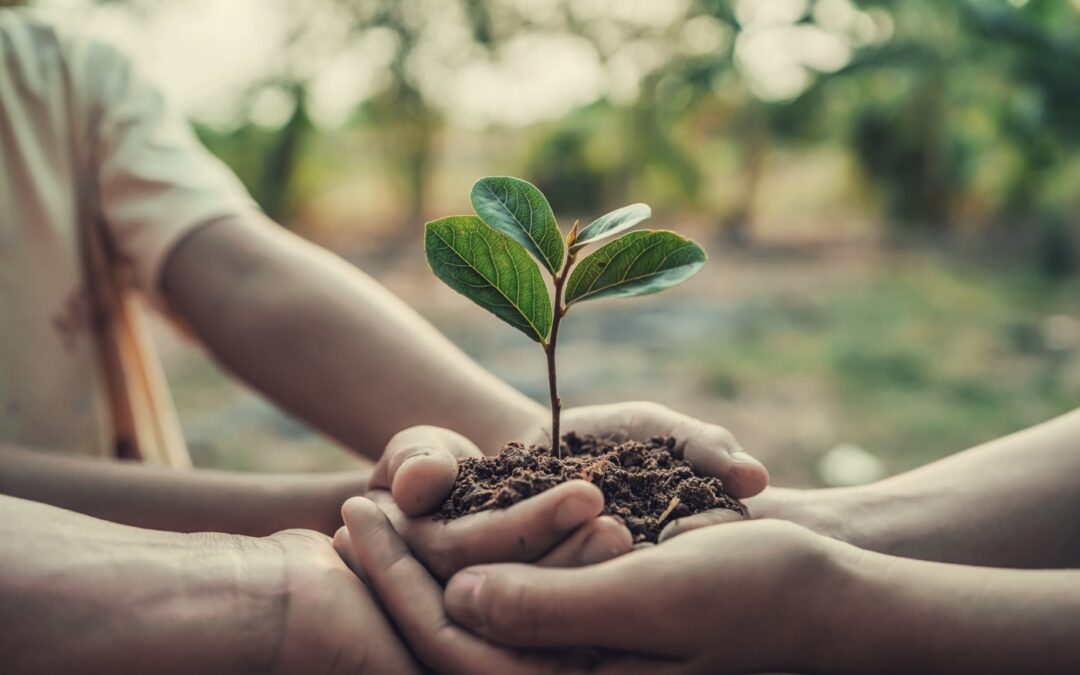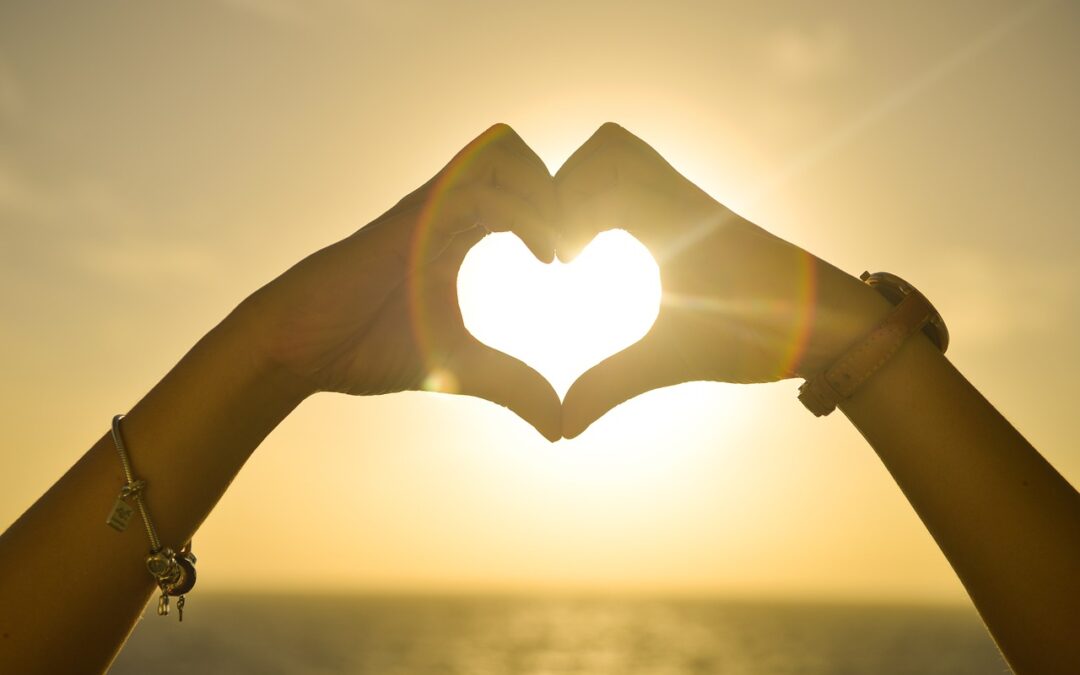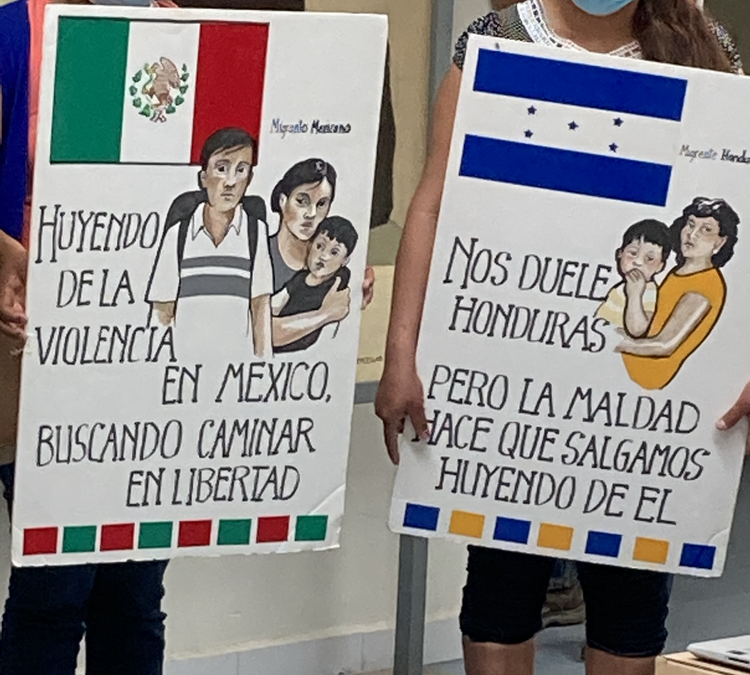At the beginning of my time at the Kino Border Initiative in Nogales, Mexico, I told myself, “I came here to be with people, to listen to their stories and connect, not to do the dishes.” Yet, here I am, in front of a mound of pots, pans, and plates—los trastes—waiting just for me.
Thankfully, my friends Keith and Judy offered an attitude adjustment as they left their time of service at Kino. “The guys in the kitchen are swamped,” Judy said. “The number of people coming for breakfast keeps growing. We fed 800 people yesterday. Any relief we gave the staff was so appreciated.” So the next morning I asked Chema and Manuel, the cook and cook’s helper, “How can I help?” They pointed to a sink filled with pots and pans. “Bien,” I replied, as he showed me the waterproof apron.
Two hours of pot-scrubbing later, I was exhausted. The skin on the fingers of my hand was worn by the steel scouring pad and repeated sweeps at bean and egg-lined pot bottoms. Manuel encouraged me to take a break and eat. I did, thank God.
For the next few mornings, I could be found in front of the sink, scrubbing pots and pans—and wearing gloves to protect my fingers. I scrubbed many turkey-size aluminum ‘disposable’ pans. At Kino, very little is disposable—not people, and not products that have a shot at one more use. This was true of the aluminum pans. As I scrubbed, I noticed a message at the bottom of each pan, “Always Support the Bottom.”
I read “Always Support the Bottom,” and took in its meaning. It meant the pan flexes and needs your hands underneath it for support when full. But the message also was saying to me, “Always support the people at the bottom. Make supporting the marginalized and poor your priority.” I took this personally, and as a message for my organization, Heart-to-Heart.

At the beginning of my time at the Kino Border Initiative in Nogales, Mexico, I told myself, “I came here to be with people, to listen to their stories and connect, not to do the dishes.” Yet, here I am, in front of a mound of pots, pans, and plates—los trastes—waiting just for me.
Thankfully, my friends Keith and Judy offered an attitude adjustment as they left their time of service at Kino. “The guys in the kitchen are swamped,” Judy said. “The number of people coming for breakfast keeps growing. We fed 800 people yesterday. Any relief we gave the staff was so appreciated.” So the next morning I asked Chema and Manuel, the cook and cook’s helper, “How can I help?” They pointed to a sink filled with pots and pans. “Bien,” I replied, as he showed me the waterproof apron.
Two hours of pot-scrubbing later, I was exhausted. The skin on the fingers of my hand was worn by the steel scouring pad and repeated sweeps at bean and egg-lined pot bottoms. Manuel encouraged me to take a break and eat. I did, thank God.
For the next few mornings, I could be found in front of the sink, scrubbing pots and pans—and wearing gloves to protect my fingers. I scrubbed many turkey-size aluminum ‘disposable’ pans. At Kino, very little is disposable—not people, and not products that have a shot at one more use. This was true of the aluminum pans. As I scrubbed, I noticed a message at the bottom of each pan, “Always Support the Bottom.”
I read “Always Support the Bottom,” and took in its meaning. It meant the pan flexes and needs your hands underneath it for support when full. But the message also was saying to me, “Always support the people at the bottom. Make supporting the marginalized and poor your priority.” I took this personally, and as a message for my organization, Heart-to-Heart
For thirty years Heart-to-Heart and our parent organization, Comienzos, have prioritized supporting those who are incarcerated. Incarcerated people are some of the most marginalized people in US society. We lock up a disproportionate number of people of color and the poor, who often receive only as much justice as they can buy in our capitalist justice system. Our response to hurt, injury or violence is not restorative but punitive. We miss the call for healing and instead place already traumatized people in cages for years of their lives. US society largely accepts mass incarceration—locking up a higher percent of its own people than any other country in history.
We justify it all, thinking incarceration somehow benefits the rest of us and is deserved by those who suffer it. This awareness went through me as I washed los trastes and read, “Always Support the Bottom.” Then came an image.
Imagine a man who takes good care of his upper body. He works out his arms and strengthens his chest. He shaves, keeps his hair well groomed, and wears the finest shirts and ties. Yet, he cares not for his lower body. His legs atrophy and he never changes old, worn out shoes. One day, he is mowing the lawn and accidentally runs the mower over his foot, cutting off parts of his toes. As they bleed, he shrugs, “Stupid toes. Always causing problems.” And he keeps mowing. Later that day he gets a manicure, while his toes are still bleeding. Has this man lost his mind? How would you describe what’s going on?
I would say he is us. He is humanity, the one human body spending more time, attention and money on our upper echelon while our lower parts are cut and bleeding. Not caring for those who are suffer at our doorstep does not make sense to me.
We ignore the cries from the bottom because we think of that voice as theirs. But what if we are one body? This is what Christian faith teaches, suggesting “We are many parts, but we are all one body.” We need each other to survive and thrive. If the bottom of us is bleeding and in a life-threatening situation, then we all are caught up in this threat.
When I bump my head, my hands go immediately to the bumped part of my body as I exclaim, “Ow!” If I have a cut, I give that part of my body healing attention. The parts of my body that are suffering or hurting get my attention. I am created to respond this way.
We humans are similarly made for empathic connection with each other. We see this in a healthy family. If one child is sick, the parents give them extra attention. The medicine in the cabinet is for the child who is sick, not for the biggest or strongest child to guzzle while their sisters and brothers in need go without.
We humans must re-cultivate, before it is too late, the natural compassion that a body has for its parts and that healthy families exemplify. The bottom, found migrating and locked in prisons, is crying out for presence, support, and compassionate action. When we are conscious of our deep inter-relatedness, that that we are all part of one body, we respond with care and mutual support. And so the dishes speak, “Always support the bottom.”
Steve Tumolo, August, 2021



